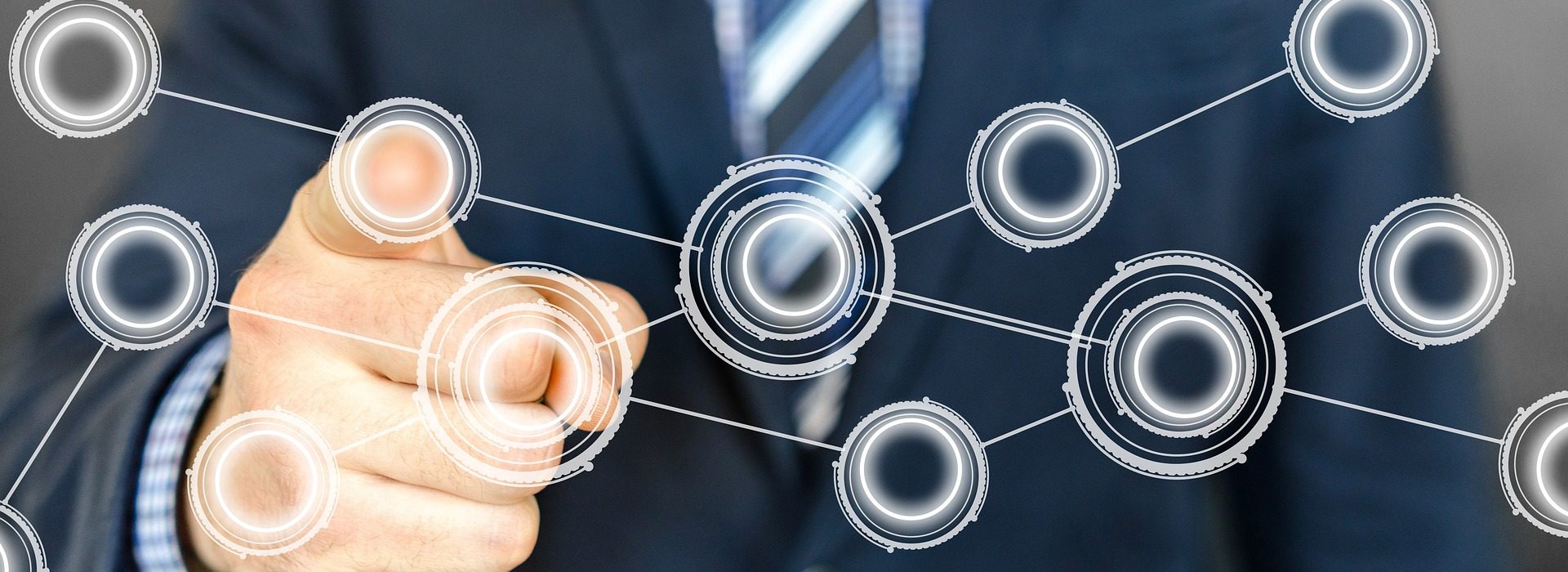

Start-Up Nation Goes on a Road Trip – EcoMotion 2023
In this day and age as the various alternate modes of transportation continue to multiply, there still remains room for innovation to help make all of them more efficient and useful. At this year’s EcoMotion week, Israel’s largest mobility conference, 110 Israeli companies showcased their latest inventions. The event, now in its 11th year, attracted around 3,600 attendees, including 800 representatives of global companies from 55 countries. The following list represents a small taste of some of the more promising ideas.
Jungo, Cipia – keeping drivers alert
Until autonomous vehicles become the norm, startups that monitor alertness while driving are very important. Jungo and Cipia (formerly EyeSight) use cameras that can be mounted on the dashboard or on a side panel of the car. The cameras create a 3D map of your face that can determine if your eyes are closing, for how long, and if you’re blinking more than usual (a sign of being tired). They can also see if your seatbelt is fastened.
Insurance companies and fleets are prime customers for these products, since too many accidents make obtaining insurance coverage a challenge for some.
Jungo and Cipia both provide a product for OEMs (original equipment manufacturers) to install during manufacture or as an aftermarket product for fleets to install.
ITC, NoTraffic, Exelerate – linking traffic signals to real-time data
Startups ITC (short for “Intelligent Traffic Control”), NoTraffic and Exelerate all use cameras affixed to traffic lights to determine how many cars are coming from either side and if and where pedestrians are in the road in order to adjust the timing of the lights dynamically, as opposed to the 99% of standard traffic lights that are still using fixed timing plans.
ITC has partnered with the Tel Aviv municipality, with Netivei Israel (which controls around 700 intersections in Israel) and with an overseas client in Australia.
Skarper – e-bike kit
Skarper has developed a snap-on/snap-off conversion kit that converts any 10-speed bicycle with a disc brake into pedal-assist electric. While there are plenty of e-bike conversion kits, Skarper claims that its DiskDrive is the only one with no drag — meaning if the battery runs out and you need to pedal without a boost, you won’t feel the 3-kilo kit slowing you down.
HopOn – pay for micromobility
Like apps that allow one to pay for your bus and train tickets, HopOn has added public scooters and e-bikes for Israeli commuters, and it can be given to employees as a perk as well – free rides to and from the office.
Ad-free HopOn works on all transit systems in Israel and has installations worldwide for instant payment on cruise ships, health and leisure sites, retirement villages and airlines.
Jupiter-EV – robotic charging stations
The company’s product allows eight to 16 fast DC charging spaces to be set up in an area less than the size of three parking spaces. Drivers plug in before the cars are raised into place by robots, and are notified via an app when charging is done and the car is back on the ground, ready to be driven away.
Driivz – charge-spot connections
The company doesn’t sell charge spots but rather the operating platform to connect and operate them.
You can find Driivz in 30 countries. In Ireland, Driivz software powers 80% of the electric grid. The company has installations in Australia, Japan, Germany, the US and Israel. In the US Driivz powers the EVGo network, the country’s largest, with over 200,000 customers. Driivz also manages billing for more than a million EV drivers.
Zooz – fast charging stations
The Lod-based startup has developed a technology for fast-charging electric vehicles in places where the power grid is not up to handling multiple cars at once. Its patented “flywheel” can speed up charging in a standard plug by up to three times.
The company is testing its tech in Germany and Zichron Ya’akov in Israel. In 2022, Zooz signed a deal to pilot its 10-minute charges at New York’s LaGuardia Airport.
Grivo – charge-spot finder
When Israeli electric car network pioneer Better Place went out of business in 2013, car owners were not ready to give up on their plug-in cars. With no battery swap stations and few charging spots, drivers turned to apps like PlugShare, which located other Better Place owners willing to share a charge spot in their garage or backyard.
Grivo updates the idea. You can still use it to find charge spots at someone’s home, but now you can pay for the electrons via the Grivo app – it’s not just altruistic owners looking to help their EV buddies and the charge spot owner collects most of the transaction.
For the 30% of EV owners who can’t install a charge spot at home (for example, if they live in an apartment complex), Grivo also allows them to reserve a public charge spot and a map indicates if a charge spot is slow or fast and if it’s located near a café or mall.
C2A Security – charging station security
Automotive cybersecurity vendor C2A Security, the only DevSecOps platform (integrating security testing at every stage of the software development process) for carmakers and mobility companies, announced a partnership with Singapore’s EVVO Labs to bring C2A’s platform to EV charging and mobility companies in APAC countries including China, Vietnam and Singapore.
Ravin, Spinframe, UVeye – digital car inspections
These companies are working to replace manual vehicle inspections with artificial intelligence. Ravin just signed a deal with the Haifa Port to scan cars for damage on exit in seven seconds as they drive through a portable “frame.” Spinframe has a deal with the Ashdod Port to inspect vehicles via software compatible with any iOS or Android camera.
UVeye earlier this month closed a $100 million Series D round for a total of nearly $200 million since the company was founded in 2002. Its drive-through inspections are now used by 5,000 car dealerships, used-car auctions and fleets, including GM, Volvo and CarMax in the United States.
CityTransformer, Carteav – smaller vehicles
Cars are too big, especially when transporting only one person. They clog up highways and make parking difficult which led to the new category of “neighborhood electric vehicles” (NEVs).
CityTransformer’s foldable car is so tiny, four of them can fit in a single standard parking space and can reach speeds up to 55 miles per hour with a range of 120 to 180 kilometers.
Carteav is making autonomous golf carts for use at university or hospital campuses, holiday resorts, senior villages and industrial plants. Carteav says its NEVs are safe due to their very low top speed of 15 miles per hour.
EchoID – no drunk drivers
EchoID uses a breathalyzer and a sensor to provide a new level of protection against drunk drivers and stolen vehicles. In order to start your car, you must blow into the device embedded in your car’s immobilizer sensor. The car will start only if your identity is authenticated by the sensor (which is based on an acoustic wave signature) and if your breath passes the alcohol test.
Addionics, Carrar – double your range
Range anxiety and time to charge remain the two greatest concerns among EV buyers. Two Israeli startups with very different technologies hope to improve range and decrease charging time to 15 minutes or less.
Addionics sells a porous copper roll that improves battery efficiency while Carrar’s technology keeps batteries cool, which improves range and longevity and also enables batteries to last twice as long, helping to cut back on battery production and its environmental impact.
Makalu Optics – the return of Shai Agassi
Ex-Better Place CEO Shai Agassi unveiled his new company’s product – a pocket-sized high-quality lidar system for autonomous vehicles that he claimed provides a 3D color image that can distinguish between colors on a traffic signal and can identify small road users such as pedestrians, cyclists and scooters.
Ratha – testing new tech
Testing and integrating new technology into a car, which requires a lengthy safety profile, can take weeks if not months. NVIDIA-backed startup Ratha says it can provide answers to OEMs in just hours via its data logger that can record and visualize lidar, radar, and off-the-shelf cameras for local and in-cloud processing.
Percepto — robotic dog
Although not connected directly to transportation, Percepto, a company that makes flying drones for inspecting power utilities and factories was present, showing off a collaboration with Boston Dynamics’ Spot, a robotic dog that mimics a canine’s walking mechanics. The robot “dog” was the creative solution for Florida Power and Lights’ challenge of reaching parts of their plant that were inaccessible to a drone inspection.
Deeyook – where’s my car?
This startup uses WiFi rather than GPS for both indoor and outdoor navigation, so it can tell the user exactly where in the parking lot their car is located.
At present, the company doesn’t yet offer a consumer app as its focus is helping industrial facilities locate vehicles in the factory or outside in the yard. Deeyook has a partnership with one of the largest WiFi makers in the world and its tech will be embedded in that company’s chips, for wide distribution.
As EcoMotion showed once again, Israel continues to play an outsized role in helping make the world a better place through technological innovation!
Source: Israel21C
